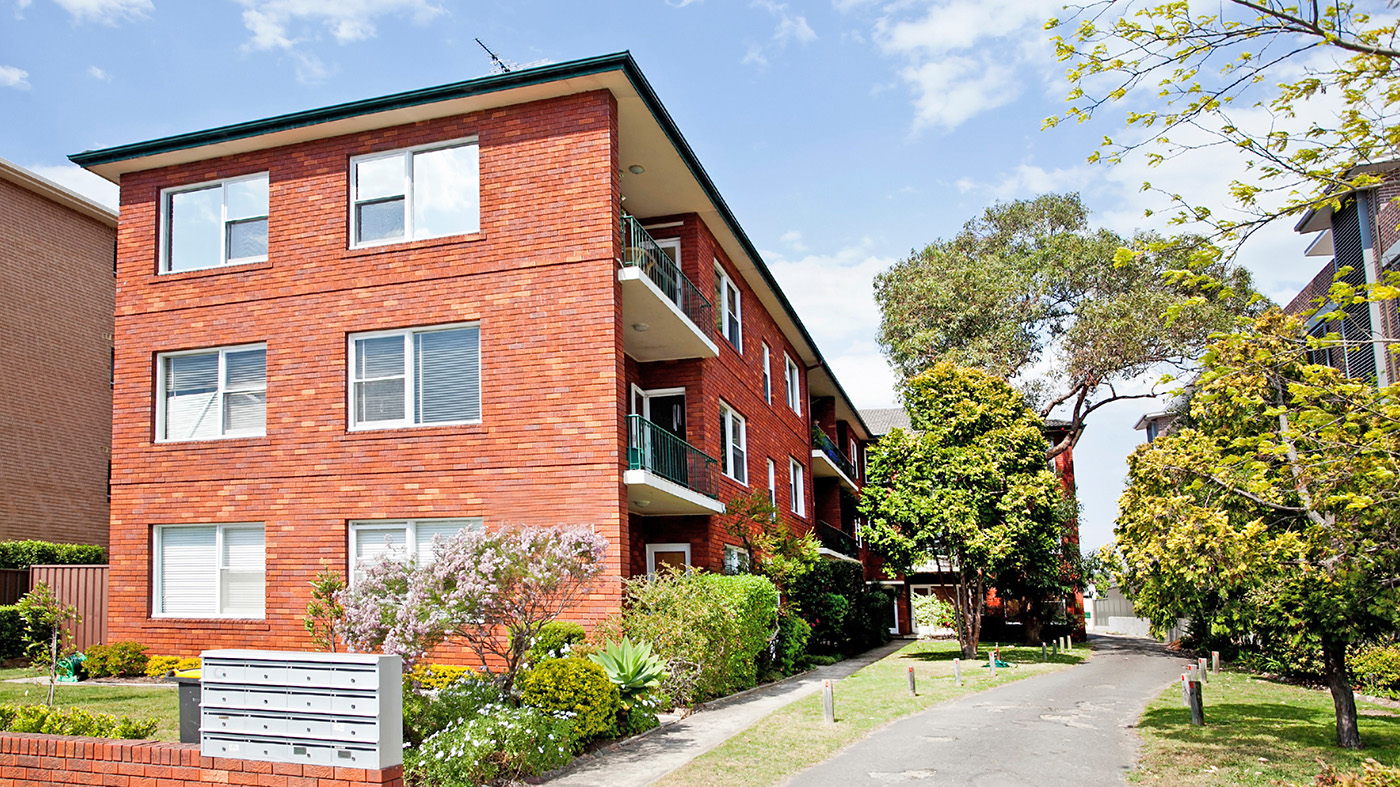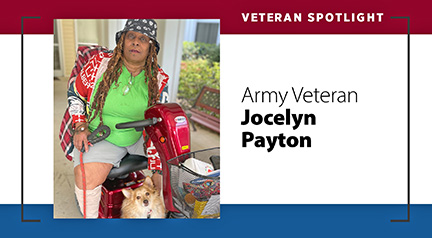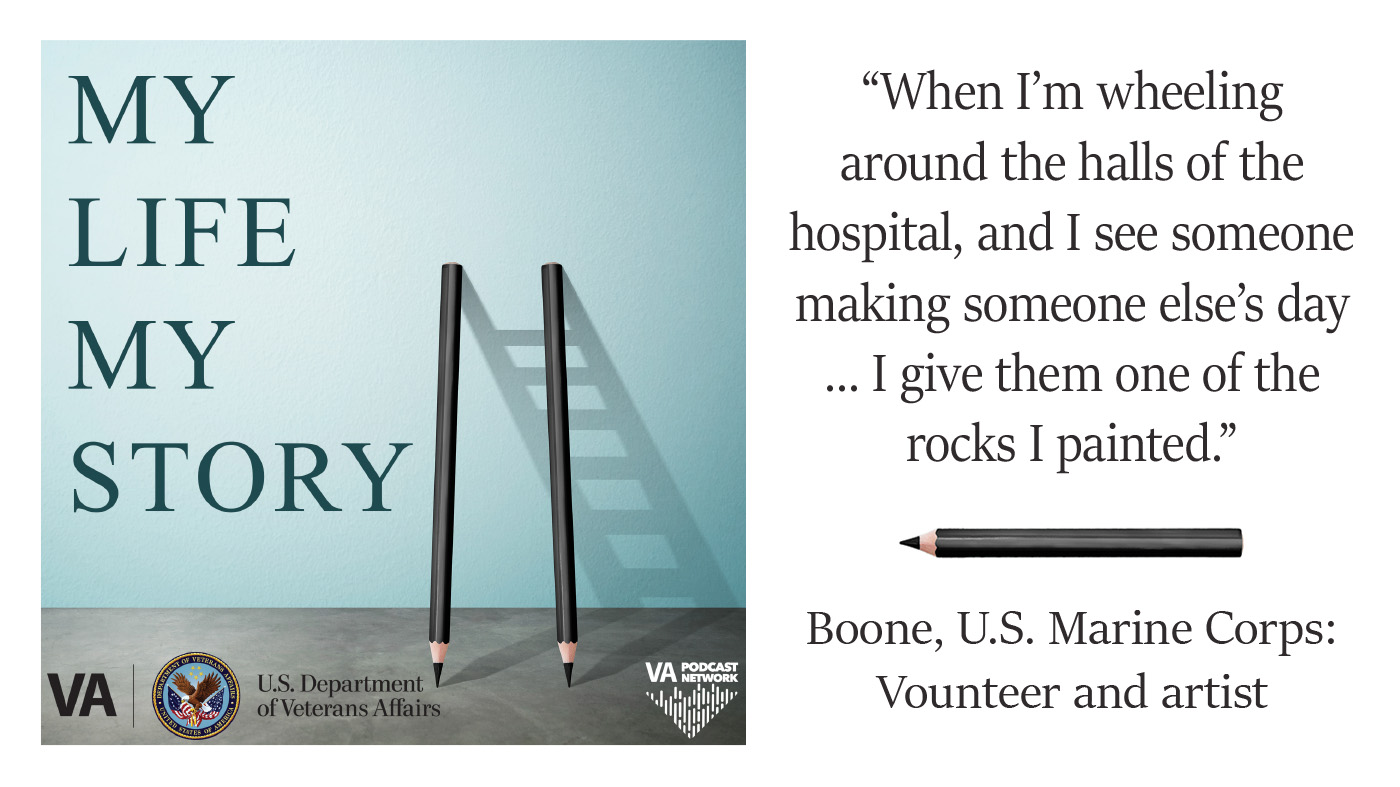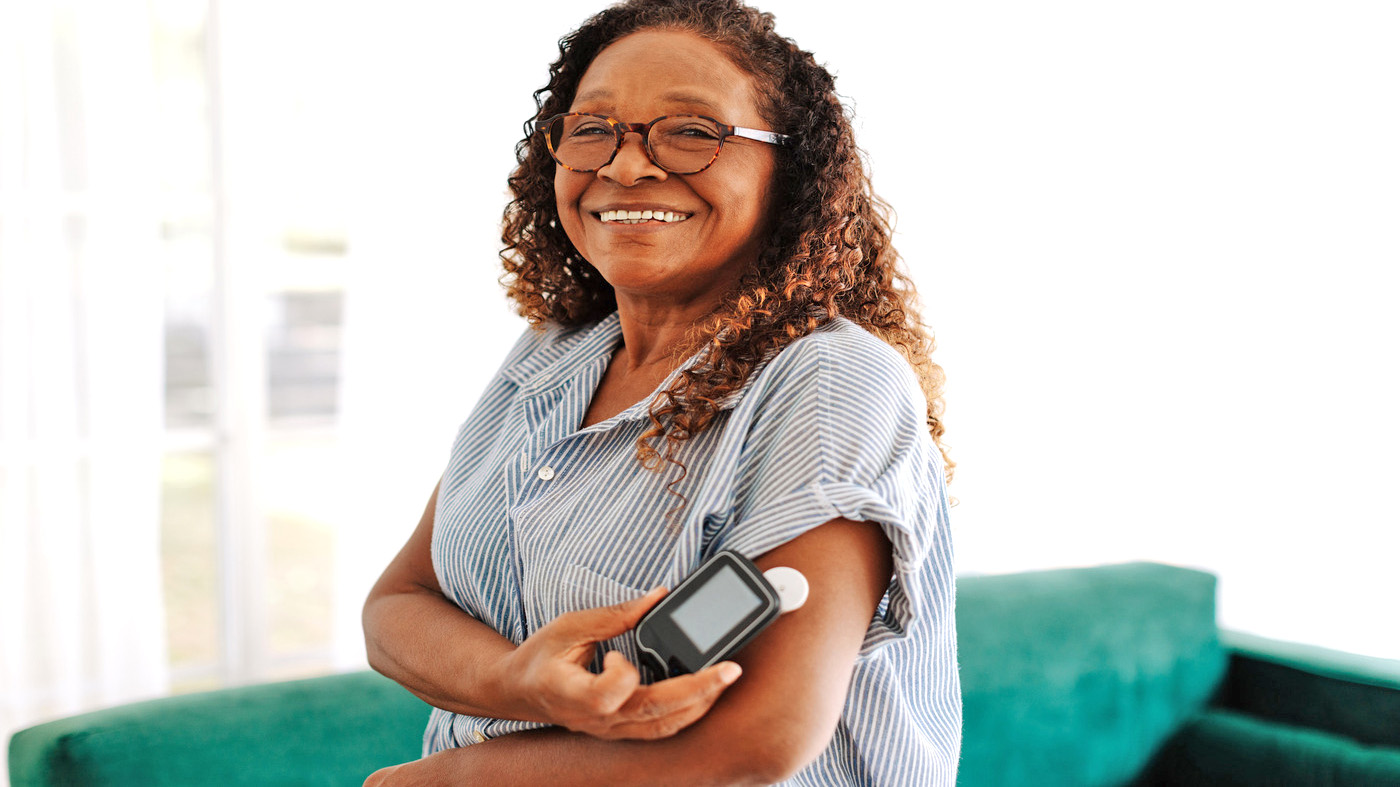Today you’ll find Army Veteran Jocelyn Payton living in a quiet North Carolina apartment with her emotional support dog Auggie, a mixed breed who’s well-loved and well-fed by her neighbors.
Rewind 14 years and you’d have found Payton in a more unstable living situation. When her mother died in 2010, she was too young to take over her apartment in a senior community. She couldn’t find a new place to live quickly enough and soon found herself facing homelessness.
Payton was alternating staying with her sister and sleeping in her car when, during a routine screening, VA staff asked if she had a permanent place to live. She admitted that she didn’t.
She was quickly enrolled in the HUD-VA Supportive Housing (HUD-VASH) Program and, within 30 days, she found the end-unit apartment that she has lived in ever since.
“Don’t be ashamed because sometimes bad situations happen and it’s out of your control. But you can get help and get back on your feet,” she shared.
A different era
Payton enlisted in the military to develop her independence and see the world, serving from 1976 to 1979. She served in Hanau, Germany, where she worked in supply and transportation.
The military of the 1970s was quite different from what you find today. There were very few women and, in the post-Vietnam War era, service members and Veterans could face outright hostility from civilians. Payton remembers her induction speech being more of a pep talk.
After her service, Payton went back to school and worked a variety of jobs before finding a career she loved at the Duke University bookstore. She worked there until disability forced her to retire in 1992.
In her early days as a Veteran, she found VA to be very male-centric with none of the dedicated programs for women’s unique health care needs that exist now. Even in 2010, Payton encountered very few women using homeless services.
Always there
Thankfully, a lot has changed since then. Payton now takes advantage of all the benefits VA has to offer. With the help of VA occupational therapist Ben Triplett and community agency Deacon G, she adopted Auggie as an emotional support animal.
“Auggie means the world to me. He has been important to keep me mentally happy. He gives me a reason to get up. He makes me laugh every day,” she said.
With the help of her case worker, Caitlin Crane, she has connected with mindfulness and exercise programs to deal with chronic pain, acquired a scooter to help her get around and sees a nutritionist to help with weight loss to improve her mobility.
In addition to receiving health care through VA Durham Health Care, she’s active in online groups, including one that is specifically for women who served in the military, where she frequently spreads the word about how HUD-VASH changed her life.
“I just want to thank the people from the HUD-VASH program for always being there. They just don’t do their job. They always do a little extra,” she added.
Learn about VA programs
- If you are a Veteran who is homeless or at risk for homelessness, call the National Call Center for Homeless Veterans at 877-4AID-VET (877-424-3838).
- Visit the VA Homeless Programs website to learn about housing initiatives and other programs for Veterans exiting homelessness.
- Check out the Ending Veteran Homelessness podcast to learn more about what VA is doing about Veteran homelessness.
- Learn how to get involved with housing homeless Veterans.
- Subscribe to the Homeless Programs Office newsletter to receive monthly updates about programs and supportive services for Veterans experiencing or at risk of homelessness.
Topics in this story
Link Disclaimer
This page includes links to other websites outside our control and jurisdiction. VA is not responsible for the privacy practices or the content of non-VA Web sites. We encourage you to review the privacy policy or terms and conditions of those sites to fully understand what information is collected and how it is used.
More Stories
In the story featured in this episode of "My Life, My Story," Boone's life is a "flash" story, where there's a before and then what came after.
Veterans can send their diabetes health information from continuous glucose monitors and smart devices directly to their VA care teams.
Think back to the last time you recovered from a cut, burn or infection. That’s inflammation working to protect your body.







Yes due to circumstances beyond my control I ended up homeless in February of this year. I had no idea what to do or where to turn. The First Footings shelter here in New Braunfels, Tx. Hooked me up with Endeavors. A veteran homeless organization. They helped me find and secure a place to live and HUD VASH is stepping in to take over long term care. All 3 programs were an absolute godsend! These people really do care and want to help. Please spread the word.
100% HUD VASH helps homeless vets. I was one of them, living in my truck. There is someone listening if we’re willing to talk.
Thank you.
This is such an uplifting article. I am very glad that the VA has been so helpful to Jocelyn. The VA here in Virginia Beach is also very helpful to Veterans. There are so many of us here in this area. The Staff/ Personnel are kind and helpful. Thank you for this article.